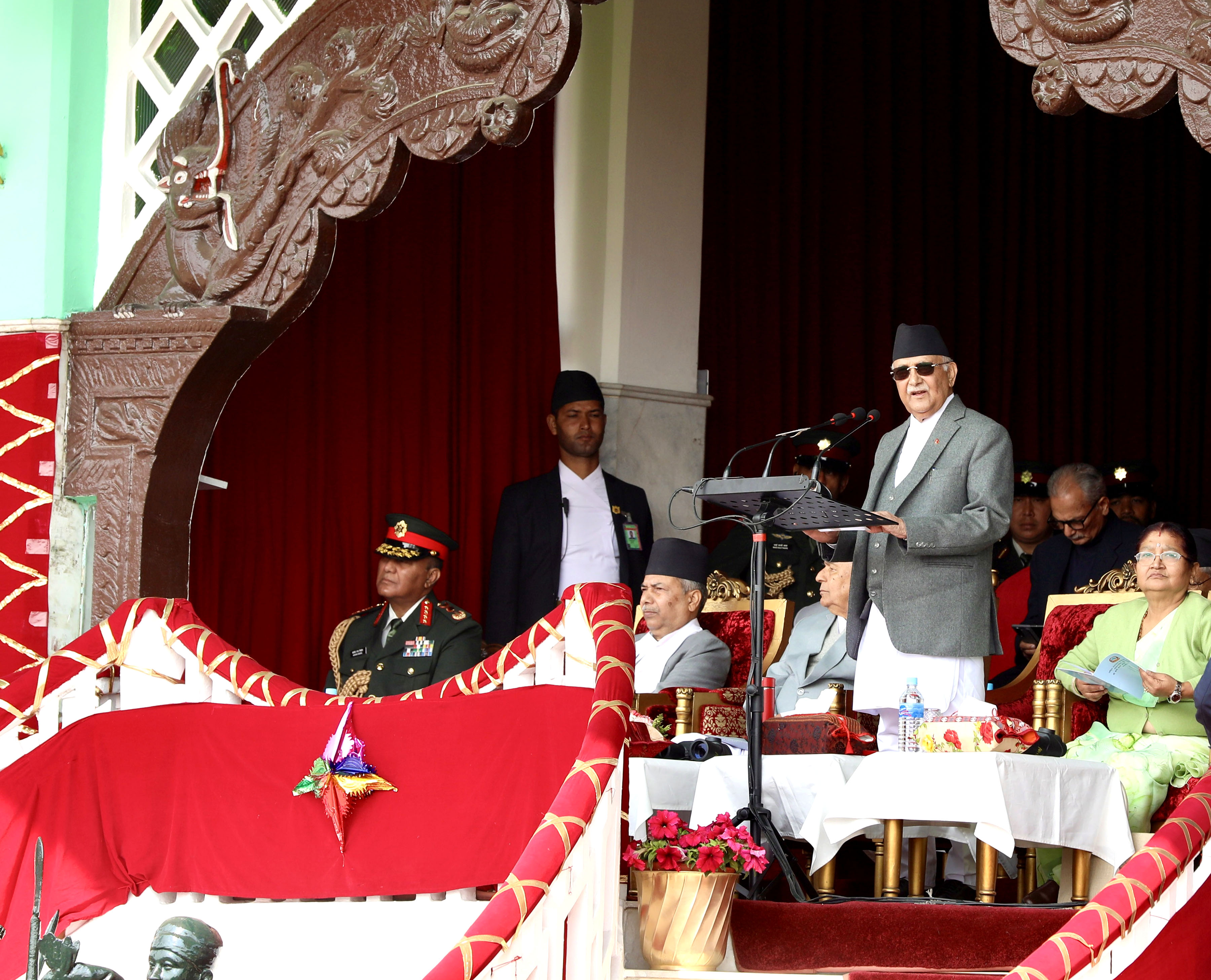OTTAWA, Sept 18: More than 100 legal experts, civil-society organizations and human-rights advocates are urging Prime Minister Justin Trudeau and his government to declare the violent campaign against Rohingya Muslims in Myanmar genocide.
In a letter to Mr. Trudeau on Monday, the signatories called on the Liberal government to “live up to Canada’s international legal obligations under the UN Genocide Convention” and label the Rohingya crisis genocide. The letter comes as a United Nations fact-finding mission prepares to release a 400-page report on Tuesday detailing the alleged “genocidal” crimes by Myanmar’s top military officers against the Rohingya ethnic minority. Around 725,000 Rohingya, an ethnic minority largely denied citizenship in Myanmar, have fled to neighbouring Bangladesh over the past year.
Fareed Khan, a spokesman for the Rohingya Human Rights Network and one of the letter’s signatories, said the Trudeau government has been “humming and hawing and hesitating” to take decisive action on the Rohingya crisis. He said calling it a genocide would ensure those responsible are held to account.
“Naming it as a genocide and beginning that process means that you begin the process of allowing these people to hopefully, eventually, return to a place they called home," Mr. Khan said during a news conference on Parliament Hill on Monday.
Special Report: Pompeo rejected U.S. effort to declare 'genocid...

Raiss Tinmaung, a Rohingya-Canadian who also signed the letter, recalled a recent trip to a refugee camp in Bangladesh, where displaced Rohingya expressed their desire for justice and reparations. “This is what is required. And I am saying this on behalf of my people, not just myself,” he said.
In a preliminary report last month, the UN fact-finding mission demanded action by the international community to investigate and prosecute top military officers for “genocidal intent” in Myanmar’s Rakhine State. The independent fact-finding mission will release its full report on Tuesday, which will detail atrocities against the Rohingya, including mass rape, burning of homes and killings.
The federal government has described the Rohingya crisis as “ethnic cleansing.” Foreign Minister Chrystia Freeland’s office said Canada agrees with the fact-finding mission’s conclusion that the evidence gathered warrants an investigation into senior Myanmar officials' complicity in genocide. Spokesman Adam Austen said Canada is speaking with like-minded countries about ways to hold those responsible to account, but has not yet determined which legal path it will take.
“Canada will continue to work closely with other states, international organizations and partners to hold those responsible of such international crimes to account, including through the establishment of an international accountability mechanism,” Mr. Austen said.
John Packer, former assistant to the UN Special Rapporteur on human rights in Myanmar who is now a law professor at the University of Ottawa, also signed the letter to the Prime Minister. He said Canada could invoke the Genocide Convention by mobilizing like-minded countries to initiate a genocide case against Myanmar at the International Court of Justice. This process, known as contentious jurisdiction, would see Canada build a case against Myanmar and, presuming Myanmar rejects the claims, the ICJ would make a decision. If the ICJ found Myanmar responsible for genocide, the judgement would be binding and powerful.
“If they are responsible, this permits all other states to [retaliate] against them. For example, not only can you stop trading with them but you can potentially confiscate assets," Prof. Packer said.
Although this process could cost the Canadian government millions, Prof. Packer said that pales in comparison to the $300-million in foreign aid Canada has committed to help respond to the Rohingya crisis.
Canada could also take the less confrontational approach of working with the UN General Assembly or another UN body to request an “advisory opinion” from the ICJ on genocide in Myanmar, according to Prof. Packer. The court would be responsible for assembling the facts, taking the financial burden off Canada. Unlike contentious jurisdiction, the court’s judgement would not be binding.
Prof. Packer said Canada is a good position to take the lead on a genocide case against Myanmar because it has less to lose than other states in the region, which could face major financial repercussions for challenging Myanmar. Canada’s bilateral merchandise trade with Myanmar was relatively small in 2017, totaling $162.3-million, compared with nearly $2.4-billion with Bangladesh and more than $4-billion with Thailand.








































